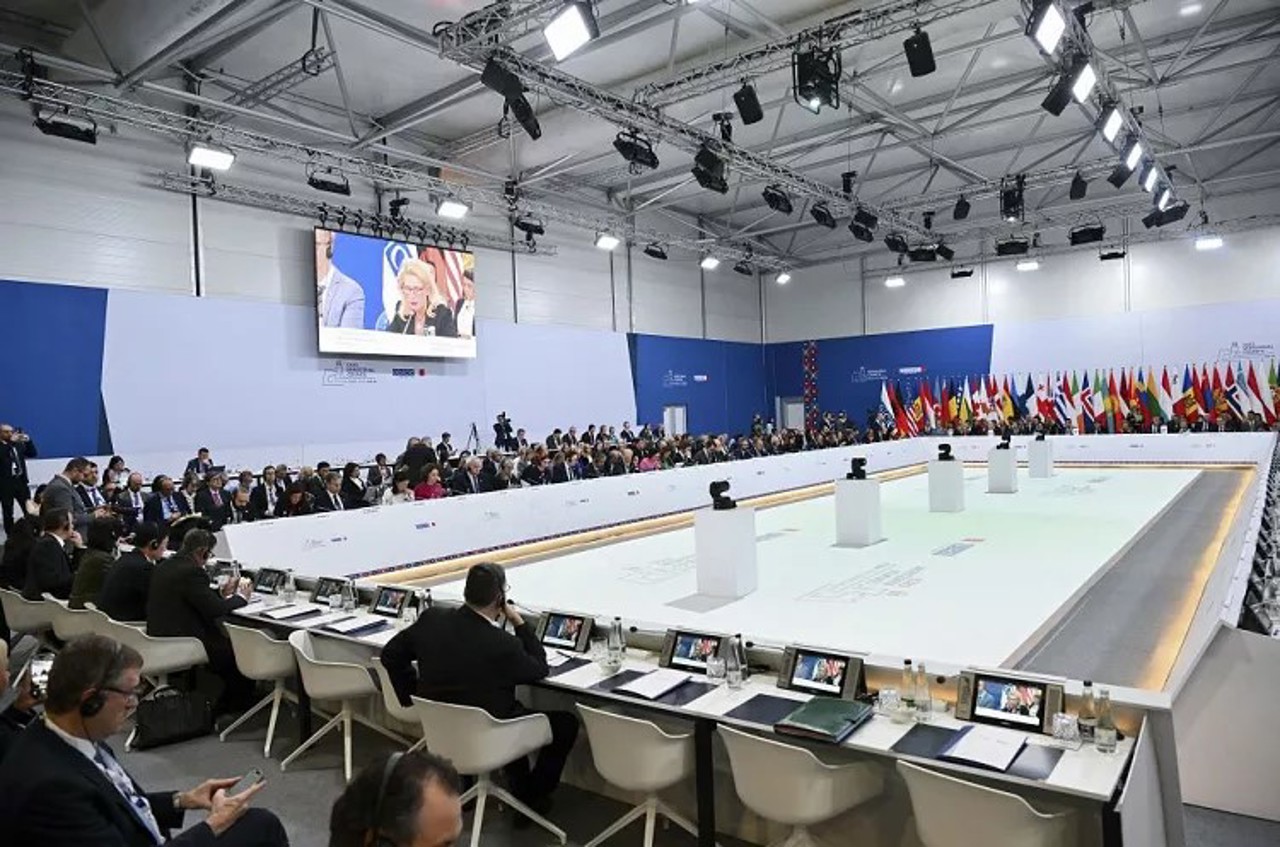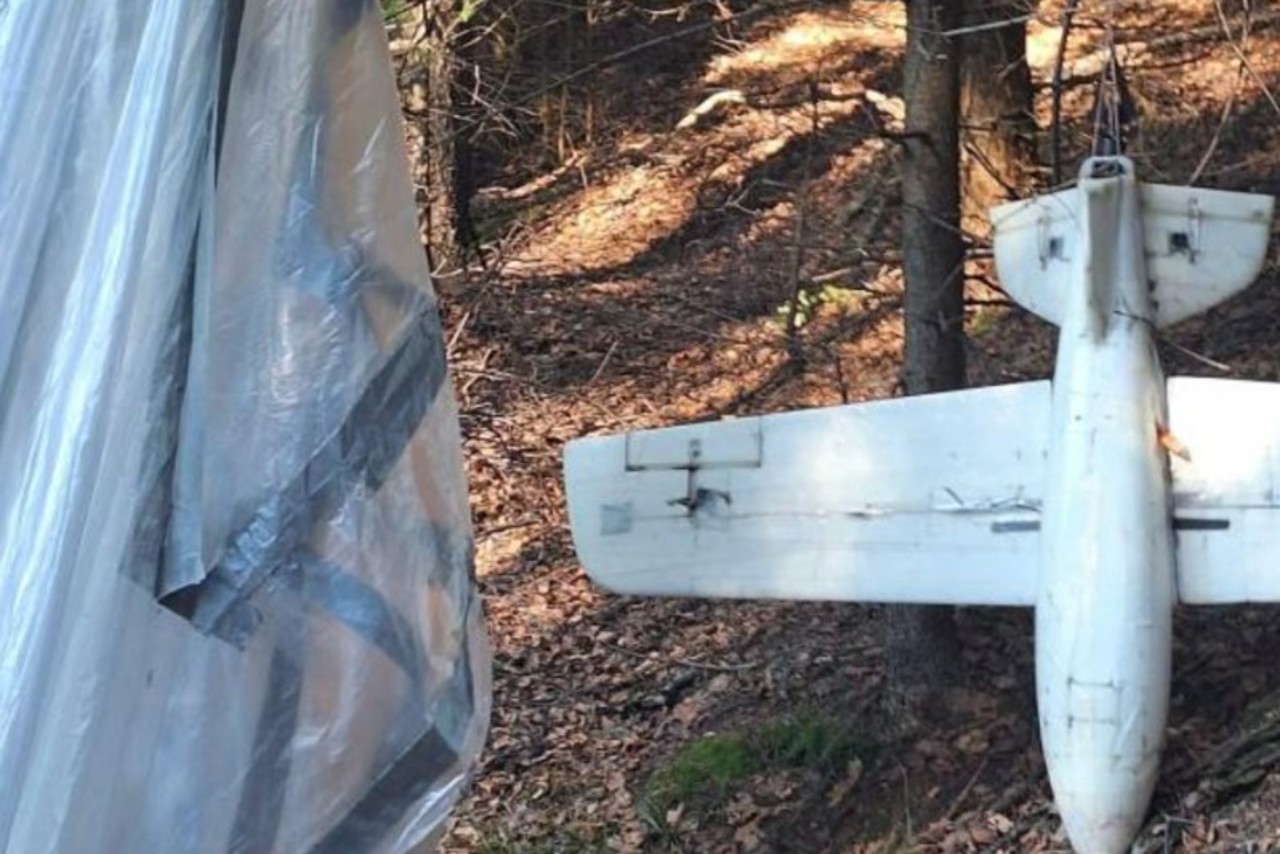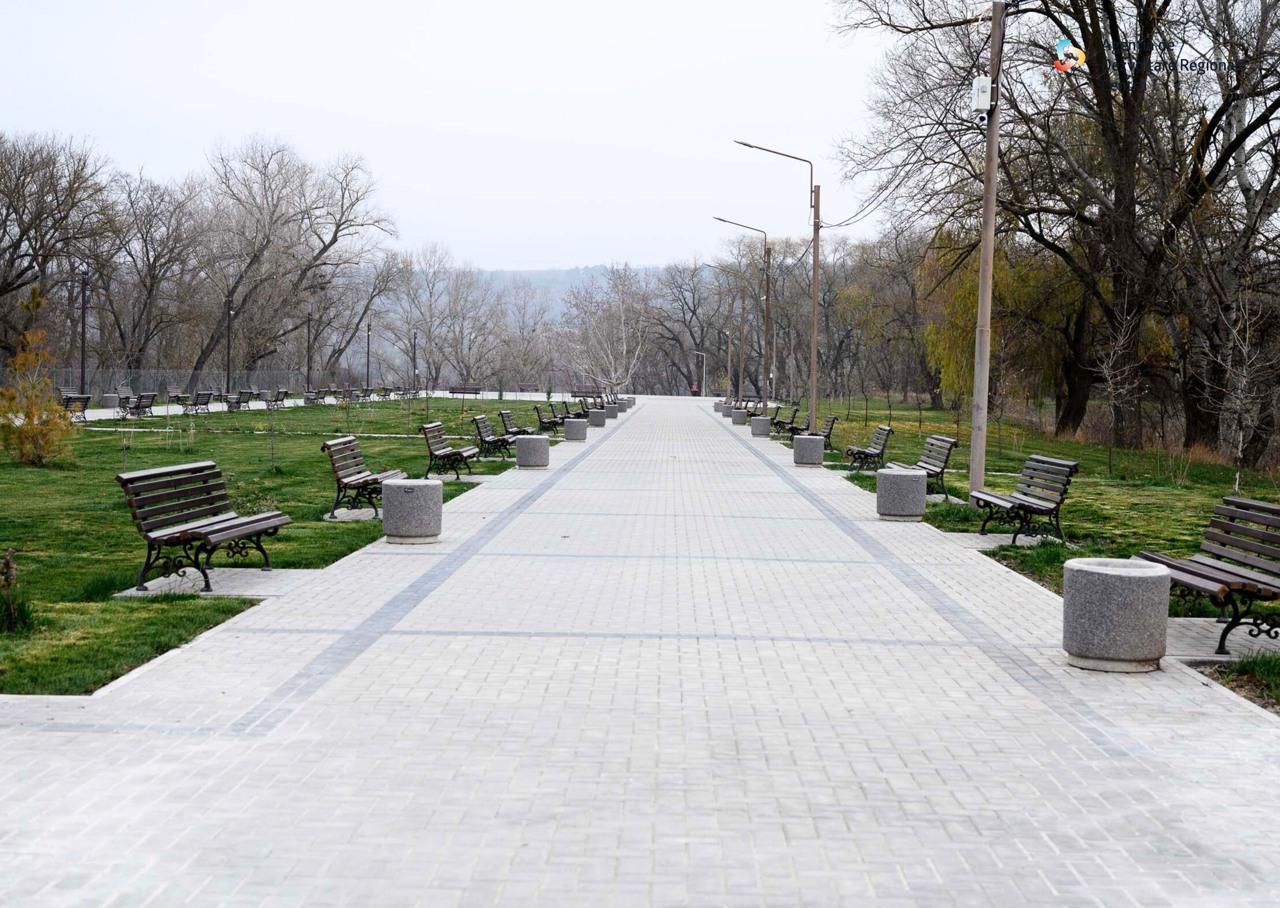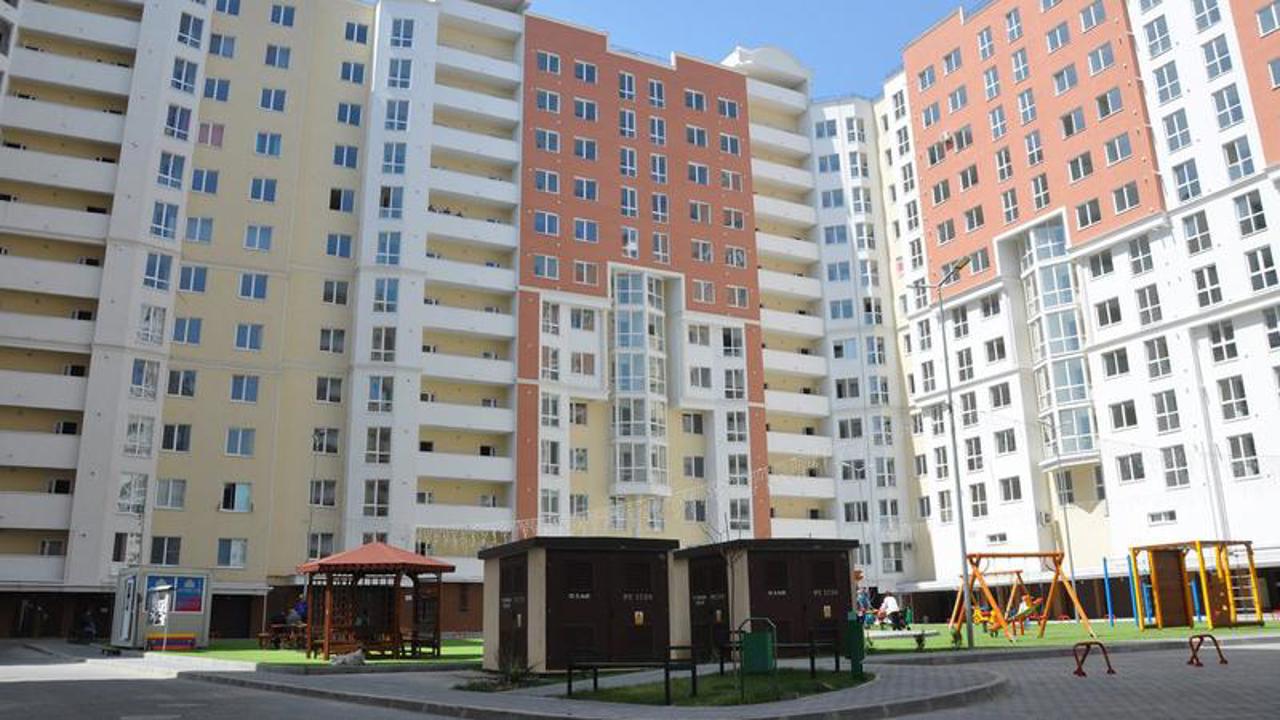Correspondence of Dan Alexe // Lavrov at the OSCE, an organization without leadership
Russian Foreign Minister Sergei Lavrov avoided a public clash with US Secretary of State Antony Blinken on Thursday night at the annual meeting of the Organization for Security and Cooperation in Europe (OSCE), with Lavrov accusing the West of escalating the war in Ukraine, but the Russian foreign minister left before Blinken could respond. Earlier, Blinken had stressed that “Romanian authorities have uncovered a large-scale and well-funded Russian effort to influence the Romanian presidential election.”
The OSCE ministerial meeting is taking place in Malta, and Lavrov also accused the West of reviving the Cold War and seeking to provoke a direct conflict with Russia.
One thing overshadows this annual OSCE ministerial meeting, which is being held in Malta on December 5-6: the presence of Russian Foreign Minister Serghei Lavrov. It is his first visit to an EU country since the invasion of Ukraine in February 2022. Lavrov remains under EU sanctions, but the travel ban may be temporarily lifted so he can attend international meetings.
The OSCE, currently leaderless, is seeking consensus among its members on issues such as the four top vacancies in the Vienna-based body, future chairmanships, and the budget of the 57-nation organization.
On the other hand, last year's OSCE ministerial meeting in Macedonia (an EU candidate country that aligns itself with the EU's sanctions policy) produced little when Lavrov attended -- along with nearly 90 people.
The OSCE's most pressing issue is filling the top four positions in the organization, which has been leaderless since early September. Over the summer, Malta, which currently holds the rotating chairmanship, proposed: Igli Hasani, the current Albanian foreign minister, as the new secretary general; Dutch diplomat Christophe Kamp to head the Office for Democratic Institutions and Human Rights (ODIHR); former Georgian State Minister for Reconciliation and Civic Equality Ketevan Tsikhelashvili as the new High Commissioner on National Minorities; and the position of representative on freedom of the media would go to Jan Braathu, a Norwegian diplomat and current head of the OSCE mission in Kosovo.
An alternative Greek-Turkish counter-proposal now appears to be favored. Under this proposal, Braathu and Tsikhelashvili would remain in their positions, but Hasani and Kamp would be replaced by Turkish Foreign Minister Feridun Sinirlioglu as Secretary General and Greek diplomat Maria Telalian as ODIHR.
Moscow has indicated that it does not want Tsikhelashvili to hold any position, as he served as minister for the reintegration of Russian-occupied South Ossetia and Abkhazia into Georgia. It now appears that the compromise that will come into play at the Malta meeting is that the Georgian will be removed and Kamp will end up as Commissioner for National Minorities.
Diplomats in Vienna say that Switzerland may be prepared to step in. This may not please Russian officials, who have criticized Switzerland, noting that the country is no longer neutral, having hosted the peace summit initiated by Ukraine earlier this year. As for the annual chairmanship, Russia is clearer about its goals: it should not go to a NATO member state. While Finland, which joined the military alliance last year, will take over on January 1, 2025, that was a decision made several years ago and it cannot be changed. And then there is, of course, the OSCE budget, financed by member state contributions. This is not a new problem, as a new budget has not been adopted since 2021, when the total was 138 million euros per year. The proposed budget for 2025 is now 158 million euros, the increase justified by salary indexation and inflation.
The likely solution to the budget impasse -- as has been the norm in recent years -- will be for other members to provide additional off-budget contributions to keep the OSCE afloat.
Lavrov's visit to Malta comes amid growing signs that many Western countries are beginning to reach out to Moscow again through diplomatic channels, especially after German Chancellor Olaf Scholz recently called Russian President Vladimir Putin for the first time in more than two years. However, an international organization of which Russia is a member, along with Tajikistan and Azerbaijan, that has not found a leader for several months and that lacks coercive powers is not the best forum to force Moscow to change its expansionist policy.





